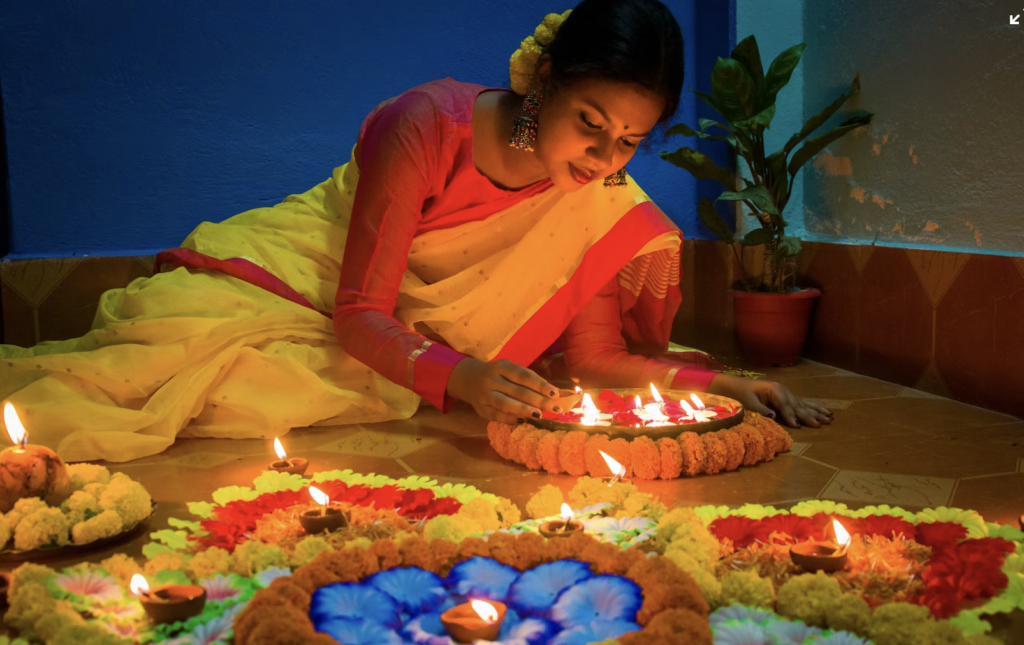New York City Officially Recognizes Wildly Celebrated Holiday For The First Time
New York City passed legislation that will officially add Diwali as a holiday to school calendars.
This article is more than 2 years old
This week, New York City public school students received the news that there will be a new holiday on their calendar. Diwali, otherwise known as the “Festival of Lights,” is now an official school holiday. It comes on the heels of new legislation, first introduced by Jenifer Rajkumar, getting passed.
Rajkumar’s bill recommended replacing Anniversary Day with Diwali. That suggestion came after pushback about simply adding the holiday to the existing calendar. Many argued that it would result in too many holidays.
So, Rajkumar worked to quell those objections. Since Diwali replaces Anniversary Day, all schools can still comply with the state required 180 days of instruction. She and New York City mayor, Eric Adams, shared their delight with the news of the bill’s passage.
Mayor Adams praised the inclusion of Diwali as a holiday. He said, “It is long overdue to say to our Hindu, Sikh, Jain, and Buddhist students and communities that we see you, we acknowledge you. The inclusiveness of this city is extremely significant, and this is our opportunity to say that in a loud way.”
For those unfamiliar with Diwali, over 1 billion people globally celebrate the 5-day holiday. It is of particular importance to those from the Buddhist, Hindu, Jain, and Sikh faiths. And, in India, it is the most important holiday.
According to NPR news, Diwali “represents the victory of light over dark, good over evil, and knowledge over ignorance.” The 5-day celebration does not begin on the same day every year. It typically falls in October or November, but the lunar calendar determines the exact date.
And each day has different significant moments and actions. To kick off the holiday, families and individuals clean their homes. They also buy items that will bring good fortune.
The second day is a time for decorating. Those decorations may include items such as clay lamps and drawings on the floor composed of powders or sand. Those drawings are known as rangoli.
On the third day, families gather for Lakshmi puja (prayers to the goddess of wealth, Lakshmi). Those familial celebrations feature ample good food. This day also features everyone’s favorite – fireworks.

The lunar new year occurs on the fourth day. It is a time for well wishes all around. And it also marks the time for gift-giving between families and friends.
On the fifth day, Diwali wraps up. Married women are visited by their brothers. Then the family shares a meal to end the celebratory period.
Since Diwali is so important to New York families of multiple faiths, it was important for proponents to find a way to add it to the school calendar. From Rajkumar’s perspective, “today, South Asian and Indo-Caribbean families, like mine, all over this city have made incredible contributions, and today I am proud to say our time has come. The time has come to recognize over 200,000 New Yorkers of the Hindu, Buddhist, Sikh, and Jain faiths who celebrate Diwali, the Festival of Lights.”




